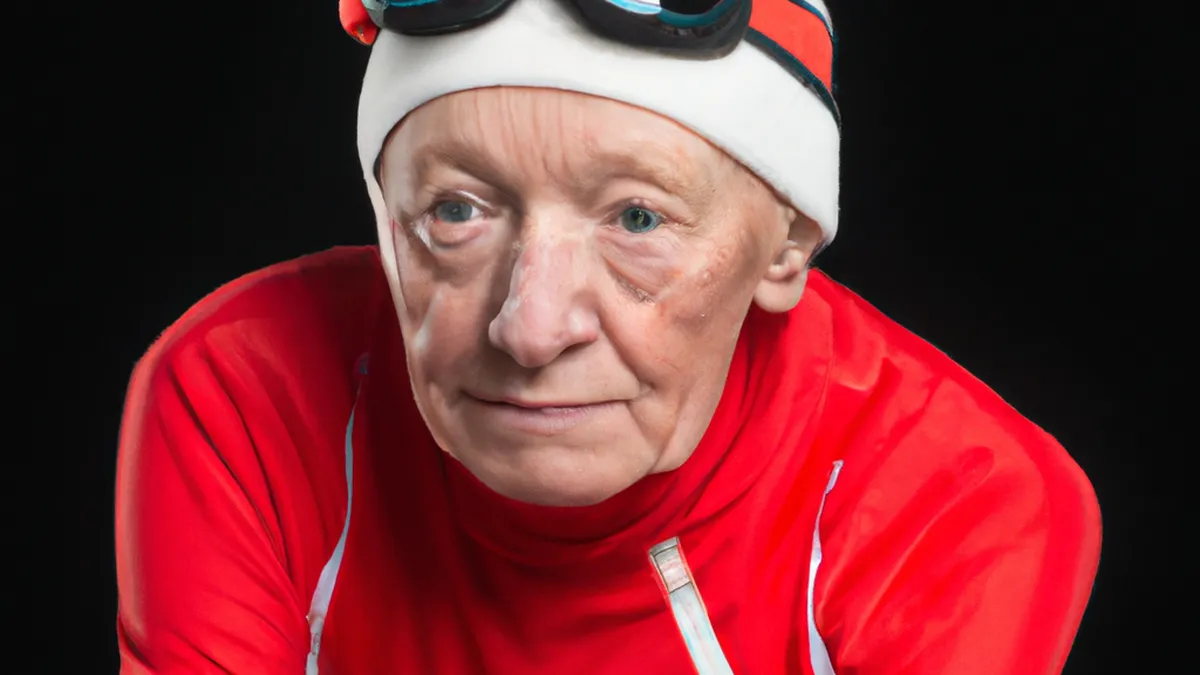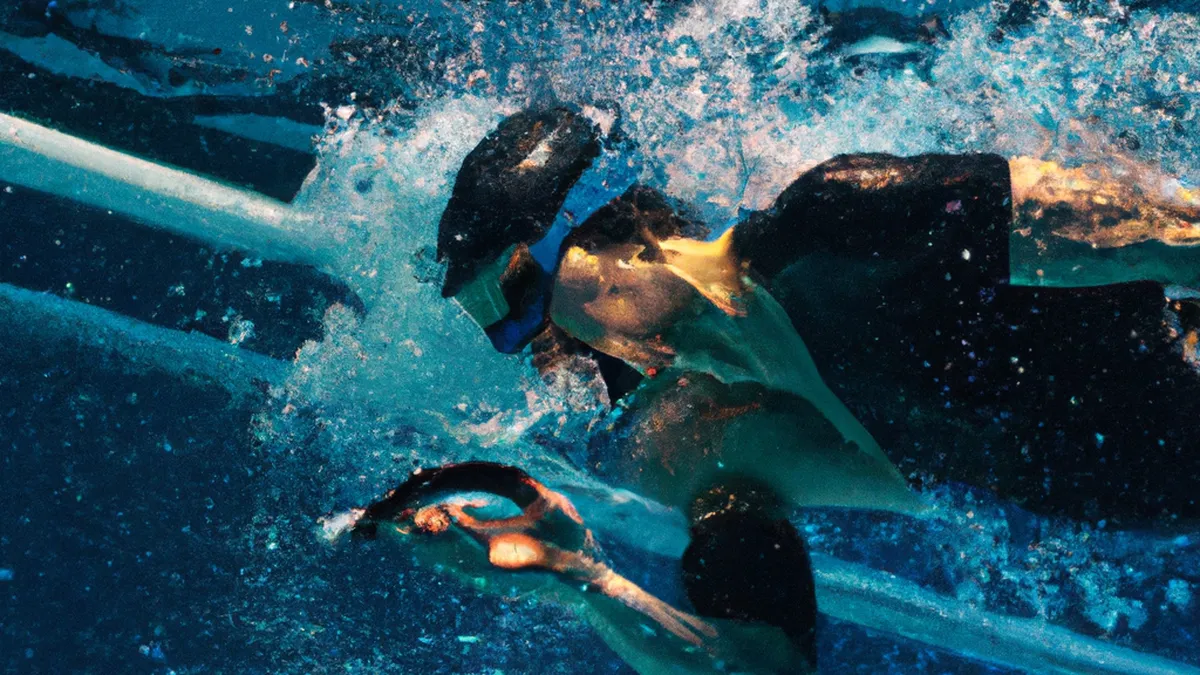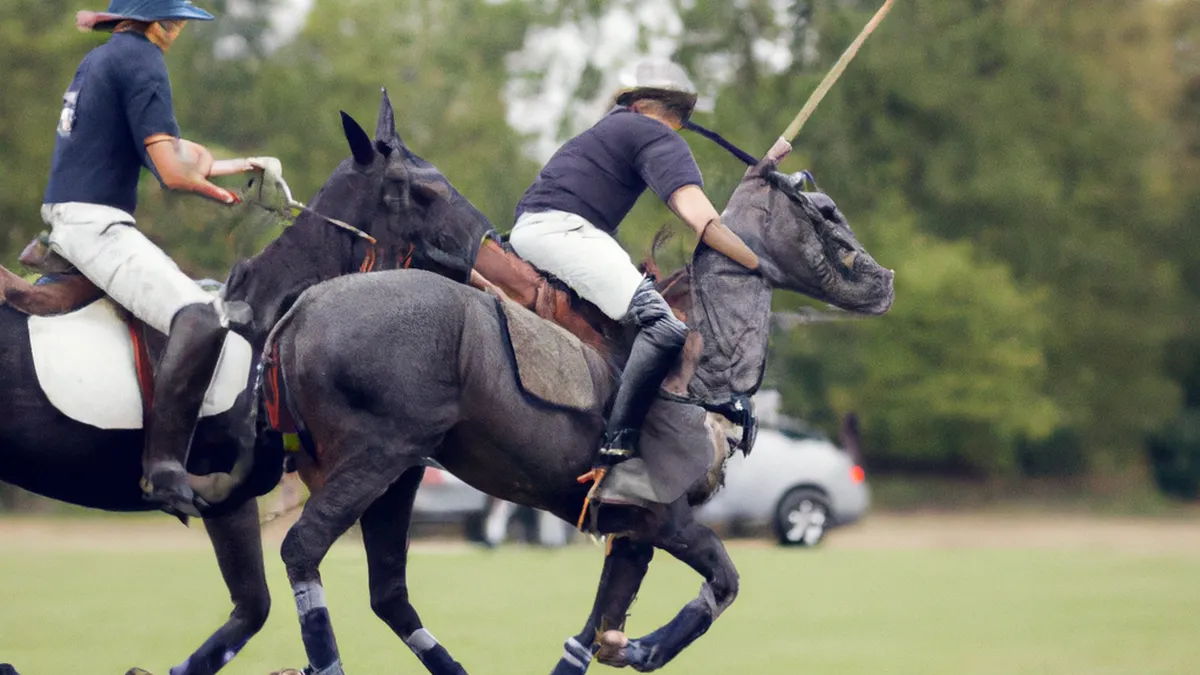Elder Athlete’s Guide to Meal Prep
Senior Athlete Nutrition StrategiesAs athletes age, their nutritional needs change. Senior athletes must adjust their diets to maintain performance, support recovery, and enhance overall health. Proper nutrition fuels workouts and helps prevent injuries and chronic diseases. This blog post explores essential nutrition strategies for senior athletes, addressing their unique challenges.
Understanding Nutritional Needs
Senior athletes face challenges younger athletes do not. Aging slows metabolism and reduces muscle mass, known as sarcopenia. This muscle loss affects strength and performance, making nutrition even more critical. Additionally, conditions like arthritis, heart disease, or diabetes may require dietary adjustments.A balanced diet rich in nutrient-dense foods helps senior athletes maintain energy, support muscle recovery, and promote joint health. Understanding these nutritional needs optimizes performance and ensures longevity in sports.
Key Nutrition Tips for Senior Athletes
As an Amazon Associate I earn from qualifying purchases.
Gear tip: consider agility cones, speed ladder, and mini hurdles to support this topic.
Prioritize Protein Intake
Protein supports muscle repair and growth, making it vital for senior athletes. The recommended protein intake increases with age to counteract muscle loss. Seniors should choose high-quality protein sources like lean meats, fish, eggs, dairy, legumes, and nuts.Spread protein intake throughout the day instead of consuming a large amount in one meal. Research indicates that distributing protein over multiple meals enhances muscle protein synthesis. Aim for 20-30 grams of protein per meal for optimal benefits.
Stay Hydrated
Hydration remains essential for all athletes, but seniors face unique challenges. Aging often diminishes the body’s thirst sensation, increasing dehydration risks. Dehydration leads to fatigue, reduced performance, and serious health issues. Seniors should drink water regularly, even without thirst.During intense workouts or competitions, sports drinks provide hydration, electrolytes, and carbohydrates. Listen to your body and prioritize hydration, especially in hot weather or during prolonged exercise.
Focus on Micronutrients
Vitamins and minerals support overall health and athletic performance, especially as we age. Senior athletes should focus on specific micronutrients:- **Calcium and Vitamin D:** These nutrients support bone health, crucial for fracture prevention. Include dairy products, leafy greens, and fortified foods. Regular sun exposure aids vitamin D synthesis, so spend time outdoors.- **Omega-3 Fatty Acids:** Found in fatty fish, such as salmon and mackerel.
Conclusion
In summary, senior athletes should prioritize protein, hydration, and micronutrients to optimize performance and health.
Below are related products based on this post:
FAQ
What nutritional needs change for senior athletes?
As athletes age, their metabolism slows and muscle mass decreases, which can affect strength and performance. Senior athletes must adjust their diets to maintain energy levels and support recovery while also addressing any specific health conditions they may have.
Why is protein intake important for senior athletes?
Protein is essential for muscle repair and growth, particularly as seniors experience muscle loss. It is recommended that senior athletes consume high-quality protein sources and distribute their intake throughout the day to enhance muscle protein synthesis.
How can senior athletes ensure they stay hydrated?
Hydration is crucial for all athletes, but seniors may have a diminished thirst sensation, increasing their risk of dehydration. Seniors should drink water regularly and consider using sports drinks during intense workouts to replenish electrolytes and carbohydrates.















Post Comment